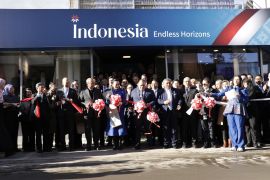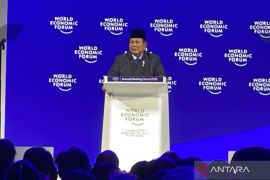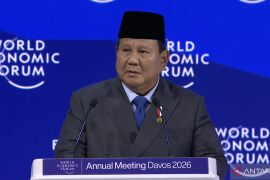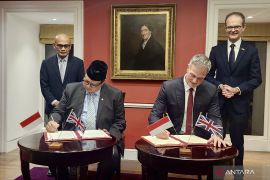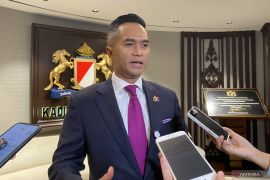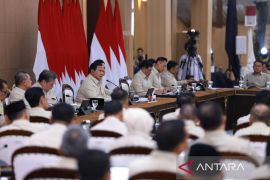"This means that under the worsening global economic condition, we are still considered stable," he said here Wednesday.
The government has made every effort to improve the investment climate and expedite business licensing by issuing a series of economic policy packages since September 2015, among others, he said.
Although the policy packages have not shown significant results, in the long run, they will give certainty about the growth of the investment sector, he said.
The government has improved national economic fundamentals for quite a long time, he said. Moreover, rating agencies like Moody's and Fitch Ratings have reinstated Indonesia's investment grade rating since 2011.
"We have striven for it for a quite long time. When I worked for Bank Indonesia Moody's and Fitch have assigned the investment grade rating to us only S&P has not," he said.
Fitch Ratings has affirmed Indonesia's investment grade rating with BBB-sovereign credit rating of stable outlook as of May 2016.
Indonesia deserves the investment grade owing to the government's low debt ratio, reaching 26.8 percent of the national gross domestic product, the country's economic growth forecast of 5.1 percent and the banking sector's limited risk, the rating agency said.
Yet, the country is still facing the high influence of market sentiment towards external factors and needs to improve its investment climate, Fitch noted.
Responding to the investment grade rating assigned by Fitch, Bank Indonesia Governor Agus Martowardojo said it suggested that Indonesia has a high degree of adaptation capability in facing domestic and global economic challenges.
"It shows that Indonesia has the right policies to maintain stability and achieve sustainable economic growth with healthier structure," Martowardojo said.
Editor: Ade P Marboen
Copyright © ANTARA 2016

